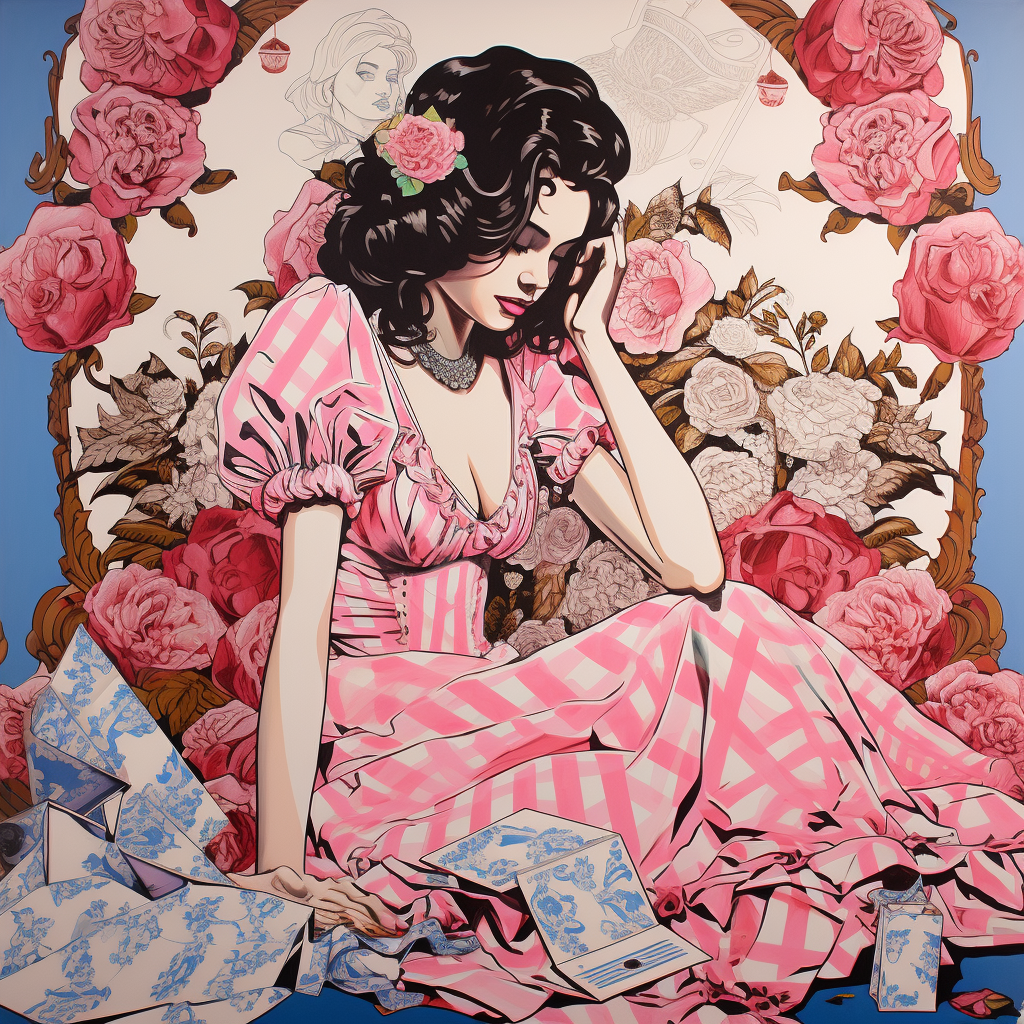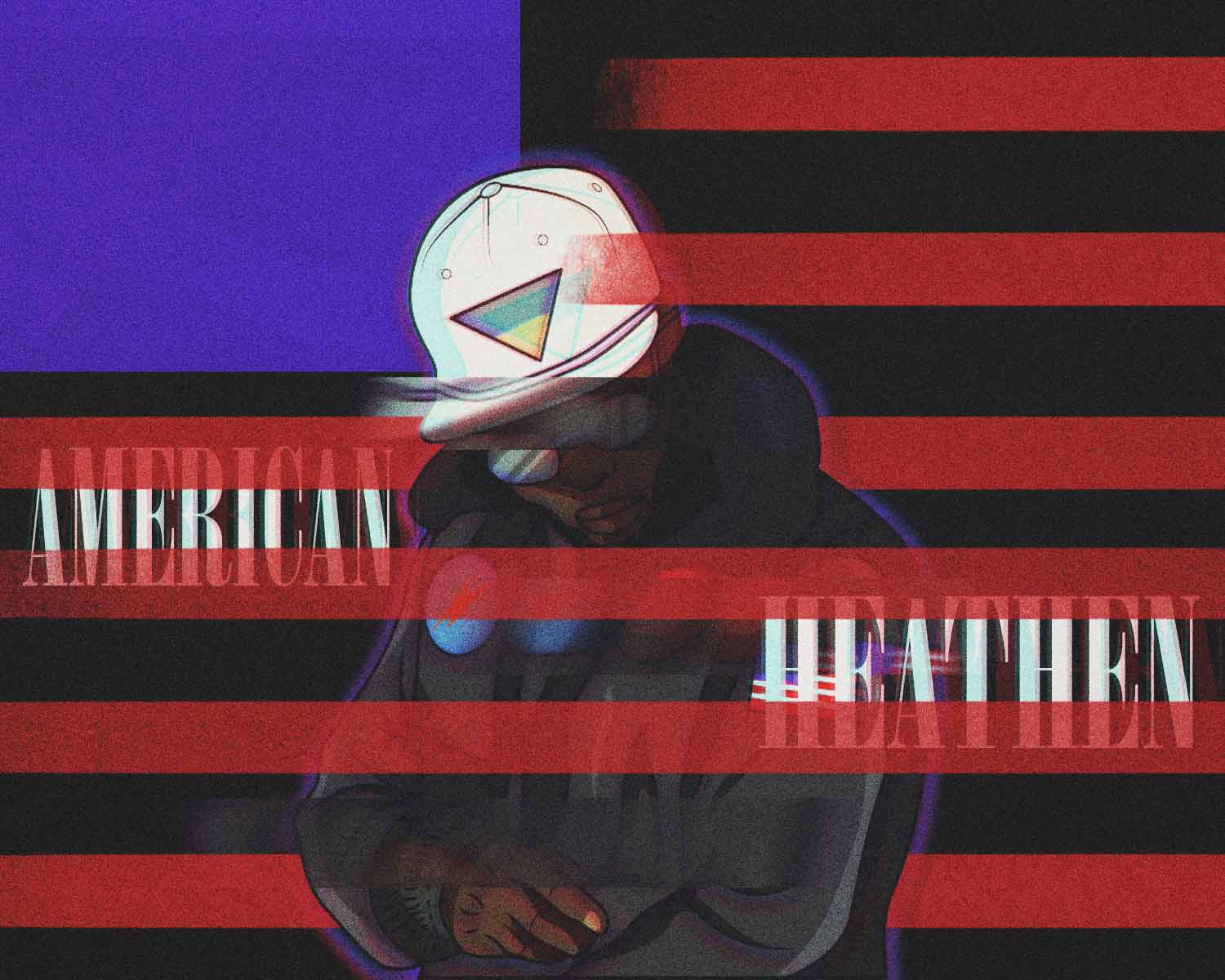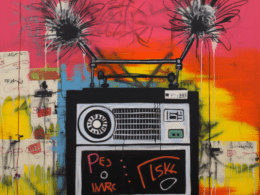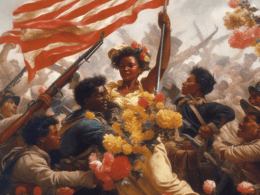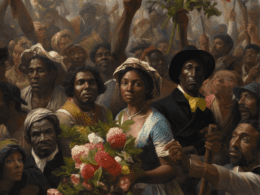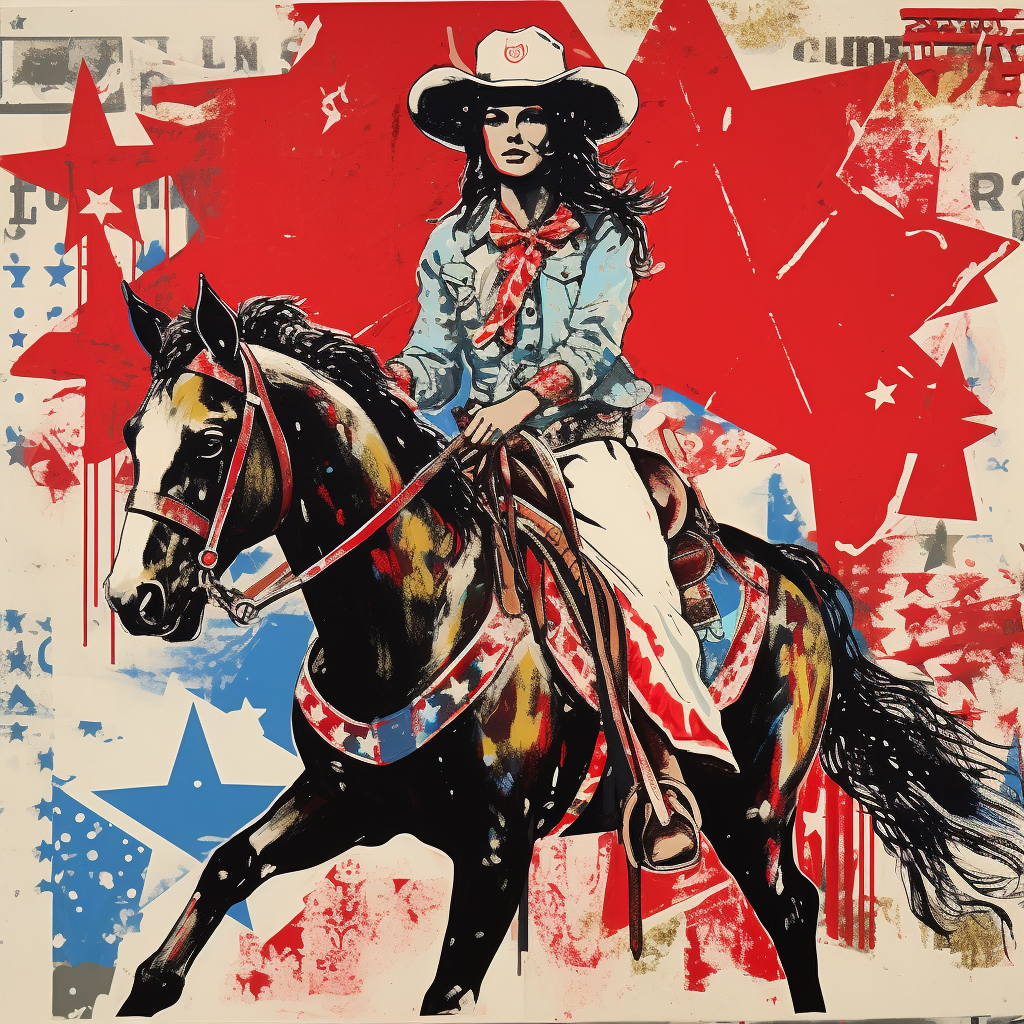
The fabric of American identity is intertwined with images of rugged cowboys and genteel Southern belles, symbols that have permeated cultural consciousness and laid the foundations for a complex set of gender expectations. This analysis explores how these icons, grounded in Eurocentric ideals, have not only shaped gender roles but also fostered a capitalistic and competitive mindset that is at odds with empathy, spiritual growth, and emotional maturity.
In an era of endless debates on societal norms, the persistence of certain gender roles, tinged with a particularly American flavor, remains largely unchallenged. To thoroughly examine the narrative weaved by the Eurocentric power machine, we need to trace the roots of two quintessentially American archetypes: the cowboy and plantation owner for men, and the southern belle cowgirl for women. Their influence shapes our discourse on gender, race, power, and capitalism.
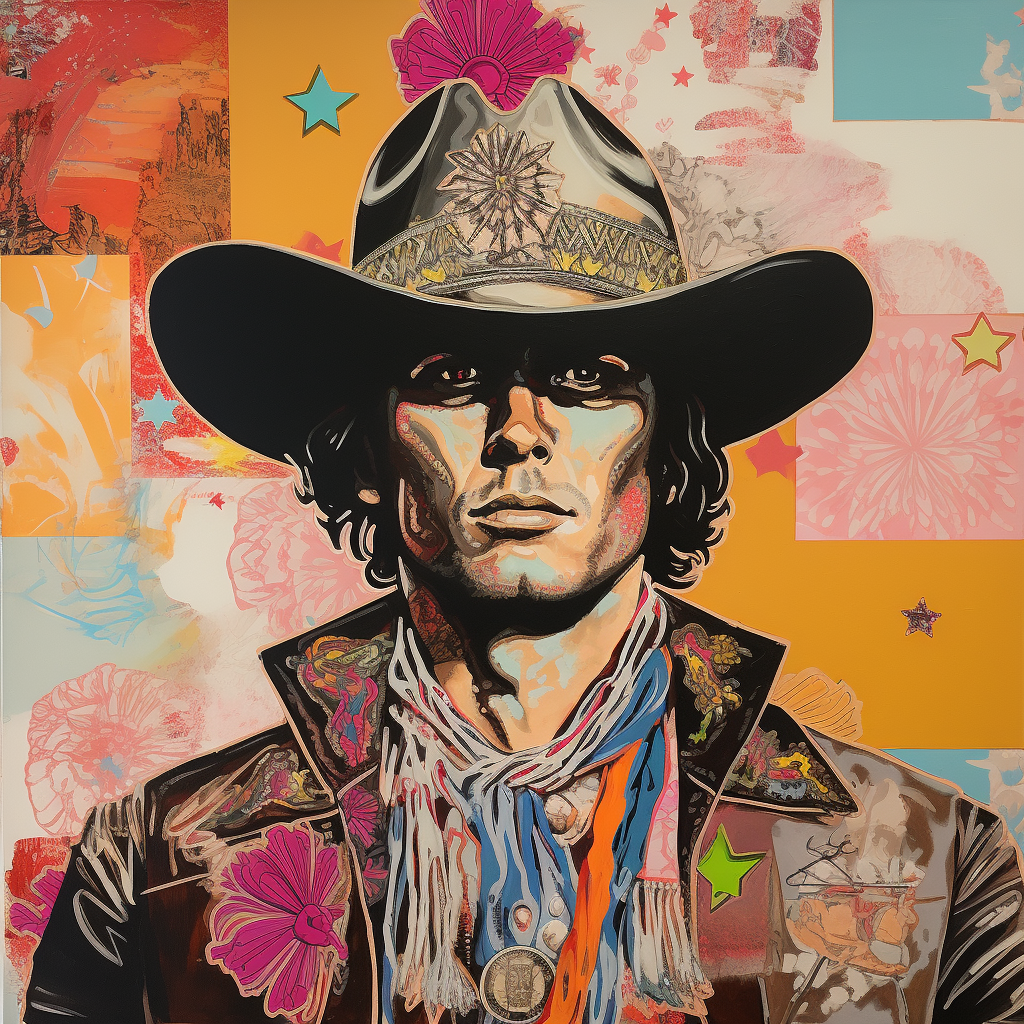
The Icons of Americana
Cowboys and plantation owners have historically been regarded as self-made, resourceful men, emblems of American individualism. The cowboy ethos is seen in films like ‘High Noon’ (1952), where Gary Cooper’s character stoically faces the town’s problems singlehandedly, embodying the rugged individualism that would later inform America’s neo-liberal economic policy. Plantation owners, like Rhett Butler in ‘Gone With the Wind’ (1939), epitomize patriarchal power, derived from wealth and land ownership. This traditional capitalistic archetype fosters a “by-any-means-necessary” attitude, perpetuating the belief that individual success justifies any form of aggression or strong-arming.
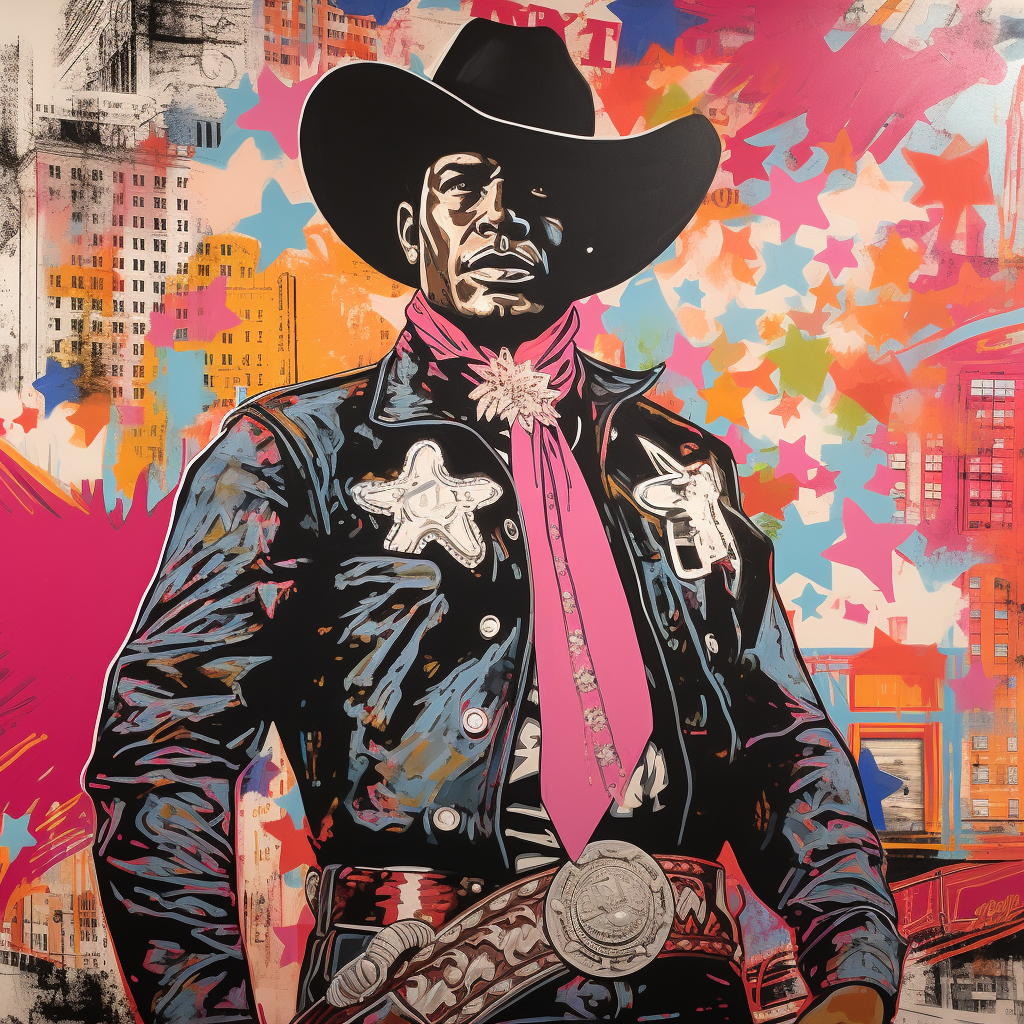
From the Gold Rush era (1848-1855) to the expansion westward, the cowboy has epitomized rugged masculinity, independence, and a conquest-driven mentality. A symbol of American exceptionalism, the cowboy’s roots are found in the Spanish Vaqueros. The intertwining of capitalism with the cowboy ethos and plantation-era gender roles is central to the American psyche.
For women, the southern belle cowgirl archetype presents a paradox. Think Scarlett O’Hara, also from ‘Gone With the Wind,’ who uses feminine charms and manipulative strategies for survival and wealth accumulation. While this image seems to empower women, it simultaneously reinforces traditional roles, resulting in a passive-aggressive power struggle. By advocating femininity as a tool for obtaining comfort and power, this ideal perpetuates a form of capitalist patriarchy, the repercussions of which can be seen in the ongoing gender wage gap, as reported by the US Bureau of Labor Statistics in 2021.
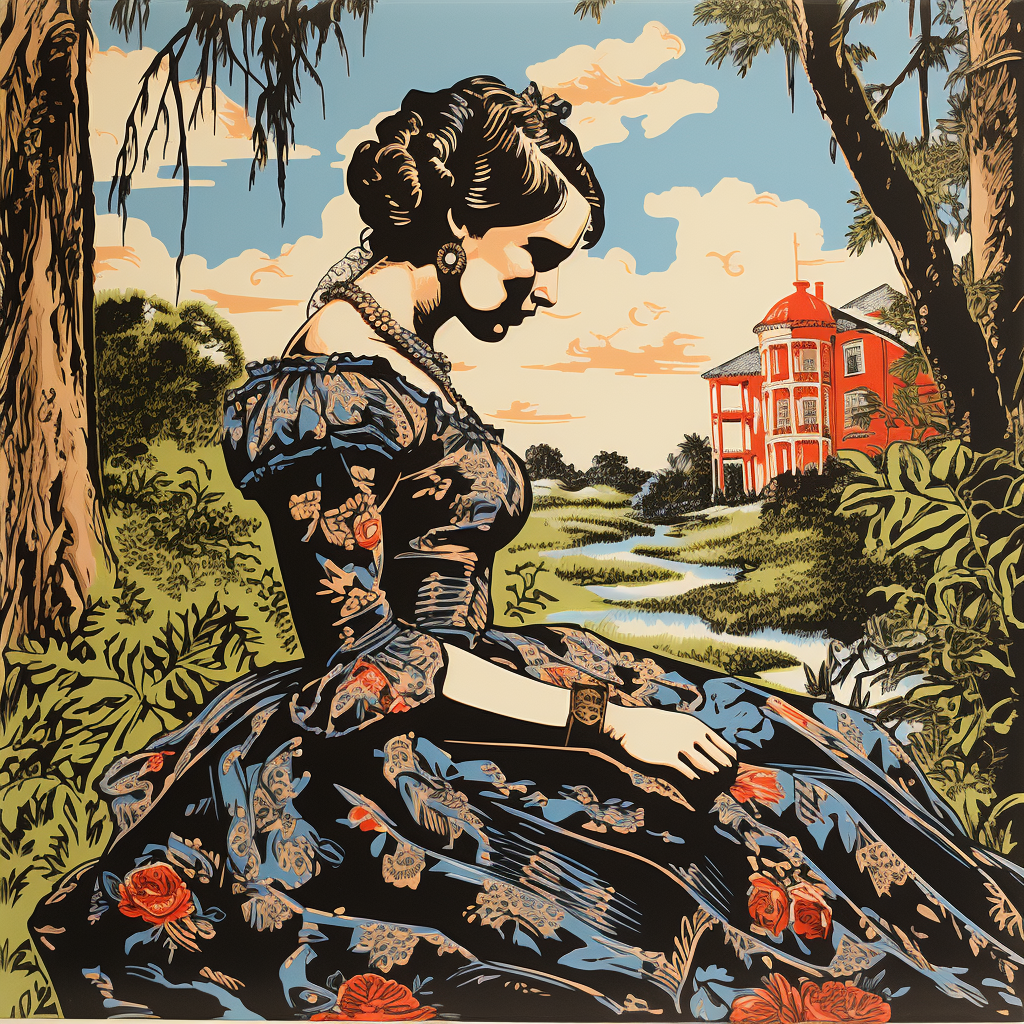
Capitalistic Driven Ideals
These American icons aren’t just a stereotype—they are tangible manifestations of a real-life Eurocentric power dynamic and mindset, that prioritizes material wealth over emotional intelligence, spiritual growth, or ancestral pride. Case in point: the 1960s counterculture movement, where many rejected materialism and sought spiritual enlightenment, was heavily critiqued and eventually commercialized, showing a reluctance to value non-materialistic perspectives.
The conflict between gender roles for control within the Eurocentric system has manifested as a superficial war, each seeking control within the Eurocentric power machine. It’s a struggle that plays out in various spheres, including the suffrage movement, where women, like Susan B. Anthony, fought for equality. However, some suffragettes distanced their cause from women of color, afraid of alienating Southern lawmakers whose support was crucial for the amendment’s passage. For example, the National American Woman Suffrage Association discouraged black women’s participation in their marches.
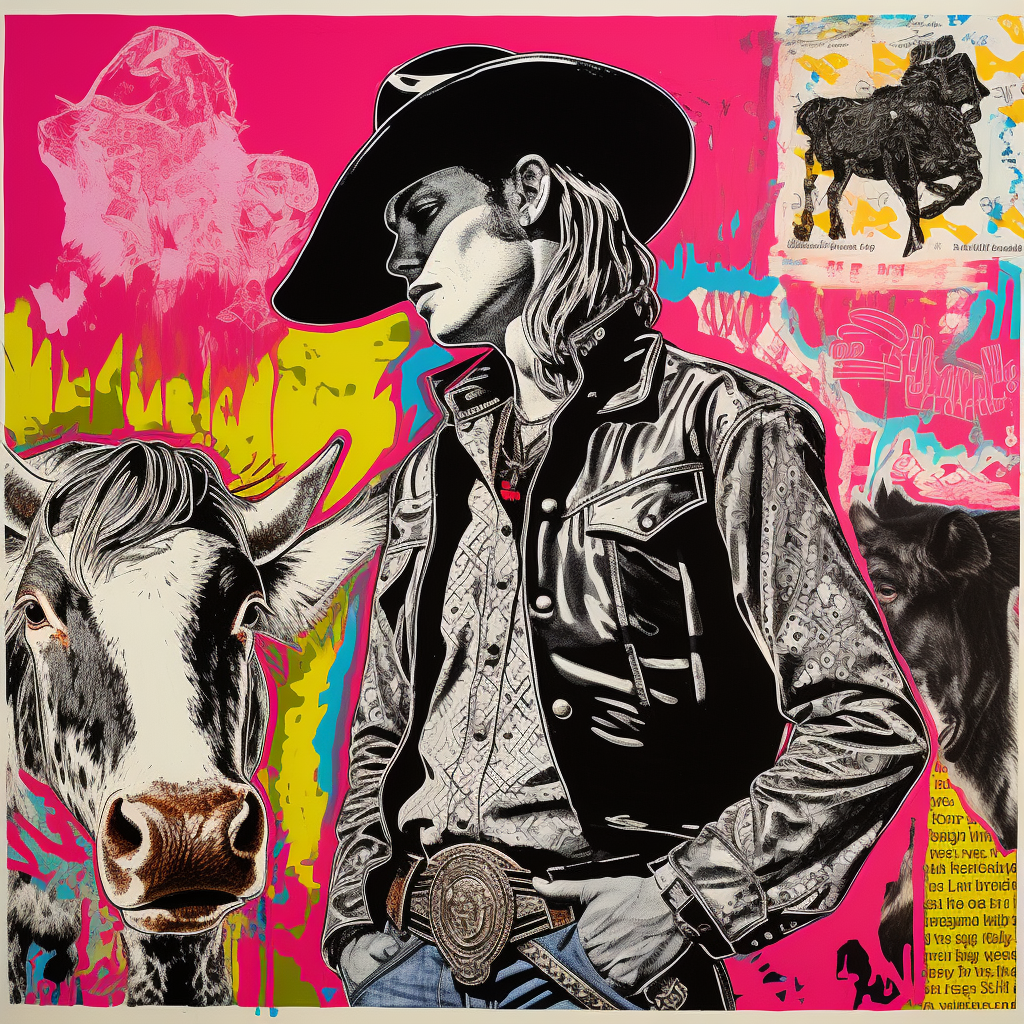
In consequence, women of color had to fight their own battles. Mary Church Terrell, a founder of the National Association of Colored Women, and Ida B. Wells, a pioneering black journalist, advocated for the voting rights of black women, often against resistance from white suffragettes. Yet, even after the ratification of the 19th Amendment in 1920, women of color, especially African American, Native American, and Asian American women, continued to face voting restrictions.
Thus, while the suffrage movement made progress in challenging the Eurocentric, male-dominated power structure, it also mirrored the racial inequities of the time. It’s a sobering reminder that the path to equality and representation is a multi-faceted journey that requires continuous vigilance against all forms of discrimination.
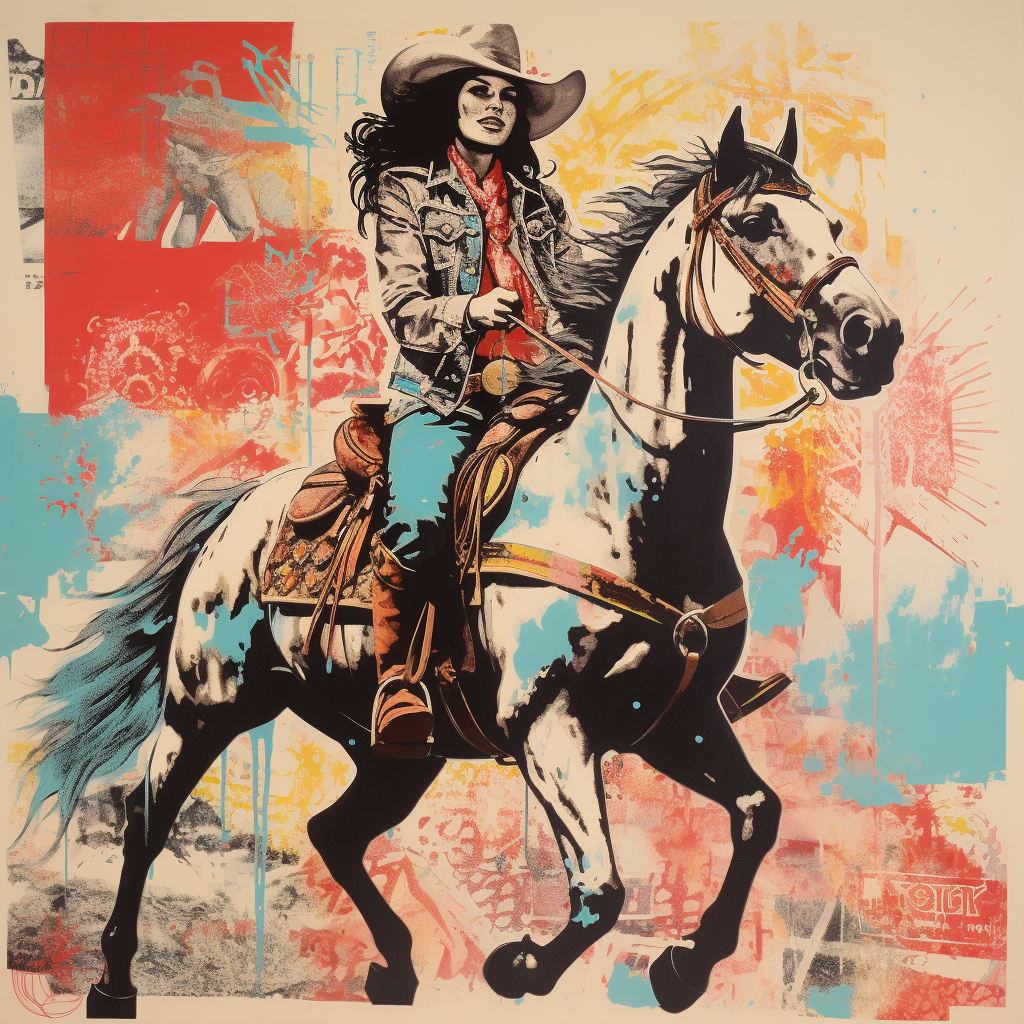
Impact on the Human Spirit
The Eurocentric, capitalistic, and competitive mindset embodied in the American icons of the cowboy and Southern belle has multiple, far-reaching impacts on the human spirit:
- Emotional Stagnation: The materialistic, “every-man-for-himself” approach stifles emotional growth, as seen in rising mental health challenges (WHO reports).
- Identity Crisis: The pressure to conform to these stereotypical gender roles can lead to an identity crisis, forcing individuals to suppress their authentic selves in pursuit of societal acceptance.
- Diminished Self-Worth: The capitalistic “winner takes all” mentality can lead to feelings of inferiority and diminished self-worth among those who don’t reach societal standards of success.
- Isolation: The “every-man-for-himself” ethos encourages competition over cooperation, fostering a sense of isolation and disconnect from society.
- Loss of Compassion: In a society fixated on power and material wealth, empathy and compassion may be seen as signs of weakness, leading to their suppression and creating a harsher, less forgiving social environment.
- Burnout: The relentless quest for power and comfort can lead to physical, emotional, and mental exhaustion, or “burnout,” diminishing overall quality of life and hindering personal growth.
- Numbing of Emotions: The societal expectation to be always strong and competitive can lead to emotional numbing, inhibiting the full range of human emotional expression and experience.
- Disconnection from Nature: The prioritization of progress and profit, often at the expense of the environment, leads to a disconnection from nature, which is critical for spiritual growth and mental wellbeing.
- Cultural Homogenization: A Eurocentric view dismisses diverse cultural identities and values, leading to cultural homogenization and loss of rich traditions and practices.
- Inhibition of Creativity: The emphasis on conforming to societal norms and the pursuit of power can stifle individual creativity and innovation, which are vital for personal growth and societal advancement.
- Neglected Emotional Intelligence: In a culture obsessed with tangible success and power, emotional intelligence is often overlooked, leading to deficient interpersonal relationships and conflict resolution skills.
- Disconnection from Heritage: The neglect of ancestral pride and spirituality erodes community bonds and individual identity.
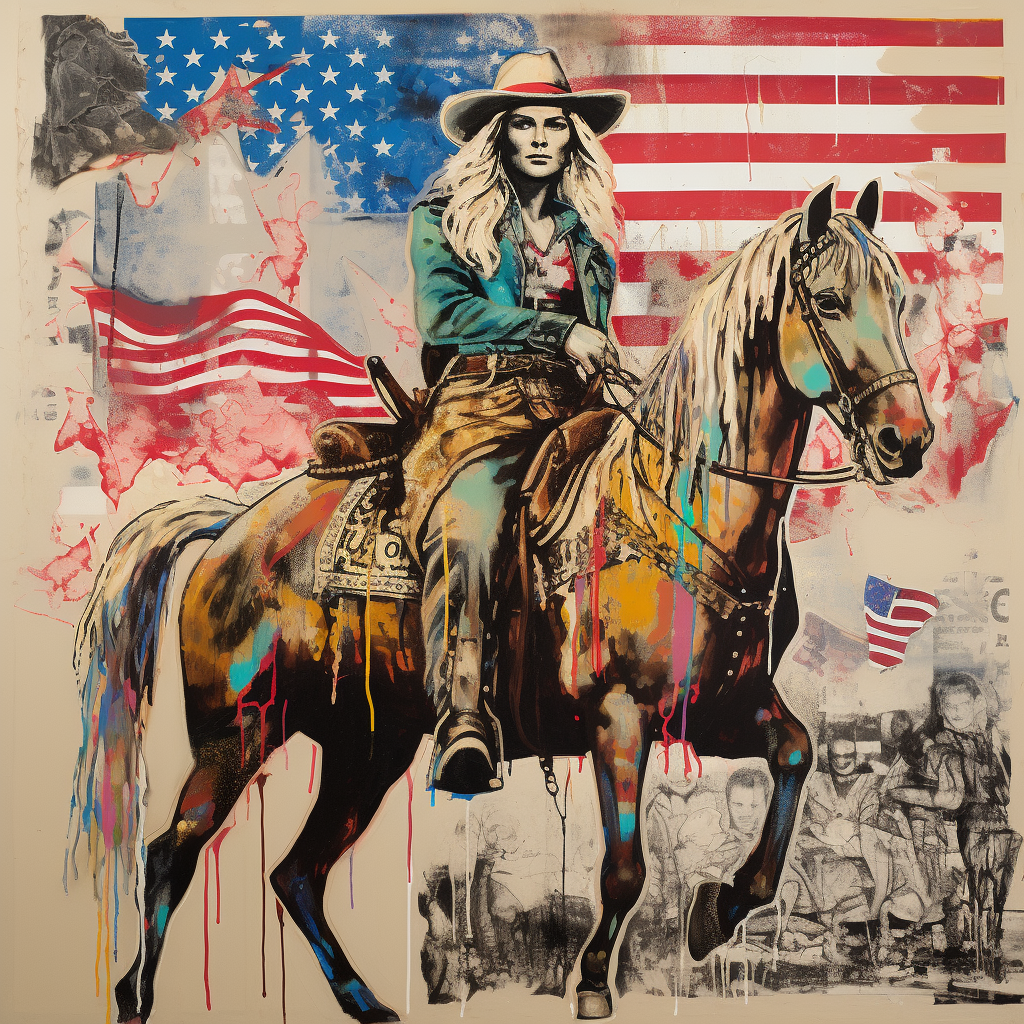
The Irony of Change
This trend has wider implications. The mindset birthed by Eurocentric ideals in academia, media, and education has often led to exploitation for financial gain. The Atlantic slave trade of the 16th-19th centuries, fueled by economic motives, dehumanized millions of African people, irreversibly altering global demographics. In the 19th and 20th centuries, America’s Eurocentric, capitalistic drive fueled the Industrial Revolution and subsequent eras, contributing significantly to today’s climate crisis, as per the Intergovernmental Panel on Climate Change’s reports.
Ironically, attempts to change the system often overlook the importance of addressing these deeply rooted ideologies. To create a more equitable society, we must first recognize and confront these imprints of Eurocentrism, Eurocentric masculinity, and capitalism. The real-world ramifications of these ideologies, as shown through historical facts and current events, highlight the urgency of this task.
Seeking change within a system without recognizing its interconnected parts is an ironic endeavor. The Eurocentric mindset that paved the way for the enslavement of black and brown people (e.g., the 1619 Project) and profit-driven environmental destruction (e.g., the Dust Bowl of the 1930s) remains ingrained in modern academia, media, and education. Therefore, we must challenge these archetypal roles and the ideologies they propagate, fostering empathy, emotional intelligence, and spiritual growth. Only by dismantling these entrenched ideas can we truly nurture the growth and maturity of the American people.

Conclusion
The quest for power, epitomized by the cowboy and plantation owner, and comfort, symbolized by the Southern belle, are not isolated cultural artifacts. They represent a deep-rooted, Eurocentric ideology that has shaped America’s gender roles, economic practices, and societal values.
The path forward should recognize these complexities and strive for a system that values empathy, ancestral pride, spiritual growth, and environmental stewardship. By embracing these principles, America can foster a more mature and holistic perspective, transcending the constraints of its historical legacy.
